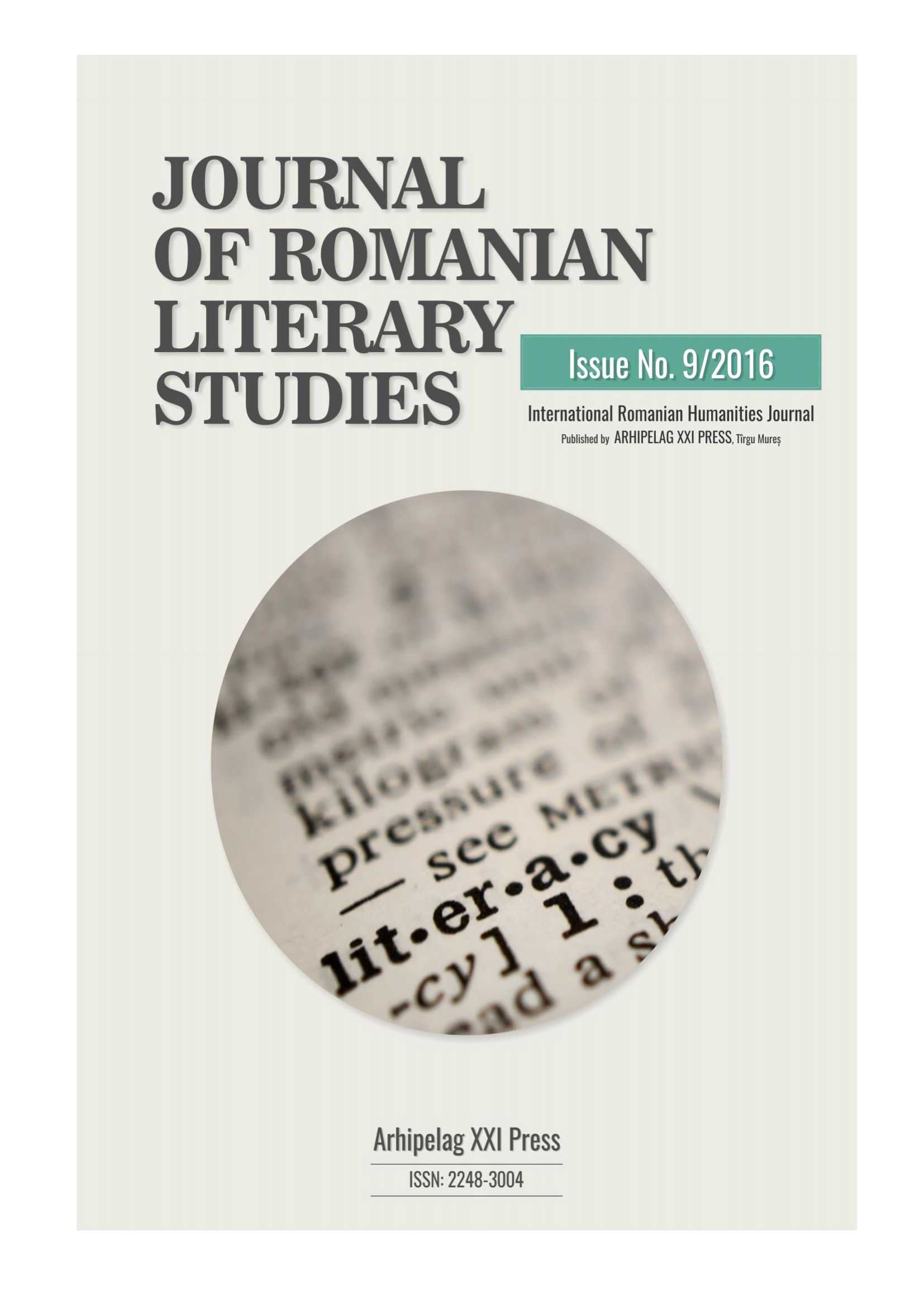JULIO LLAMAZARES – MEMORY AND FICTION. LITERATURE AS A SOCIAL COMPROMISE
JULIO LLAMAZARES – MEMORY AND FICTION. LITERATURE AS A SOCIAL COMPROMISE
Author(s): Cristina GhermanSubject(s): Language and Literature Studies, Literary Texts
Published by: Editura Arhipelag XXI
Keywords: literature; transition; space; nostalgia; memory
Summary/Abstract: Ingrained by the socio-political context in which he develops his writer activity, Julio Llamazares discloses a loose, subjective modality, but at the same time an honest way of making literaturestarting from the consideration that the art of writing is inseparably connected to life. The euphoric social manifestations and the political transition movements that young Llamazares lives during the Spanish post-dictatorial period, does not wring his critical view upon the events of that time. His writings are populated both by nostalgic gusts and by shy manifestations of postmodernism. That ˂animal urbano˃, as the writer used to call himself and whose destiny is to live in Madrid, misses the archaic life from his native lands. The duality of narrative deixis the engine of the writer’s torments through which he lives a spatial experience of compromise in which the present falls back upon the past through affective memory. Here there are some remarks that define the bird’s-eye view upon the Spanish writer’s style and thinking.
Journal: Journal of Romanian Literary Studies
- Issue Year: 2016
- Issue No: 09
- Page Range: 137-143
- Page Count: 7
- Language: Romanian

